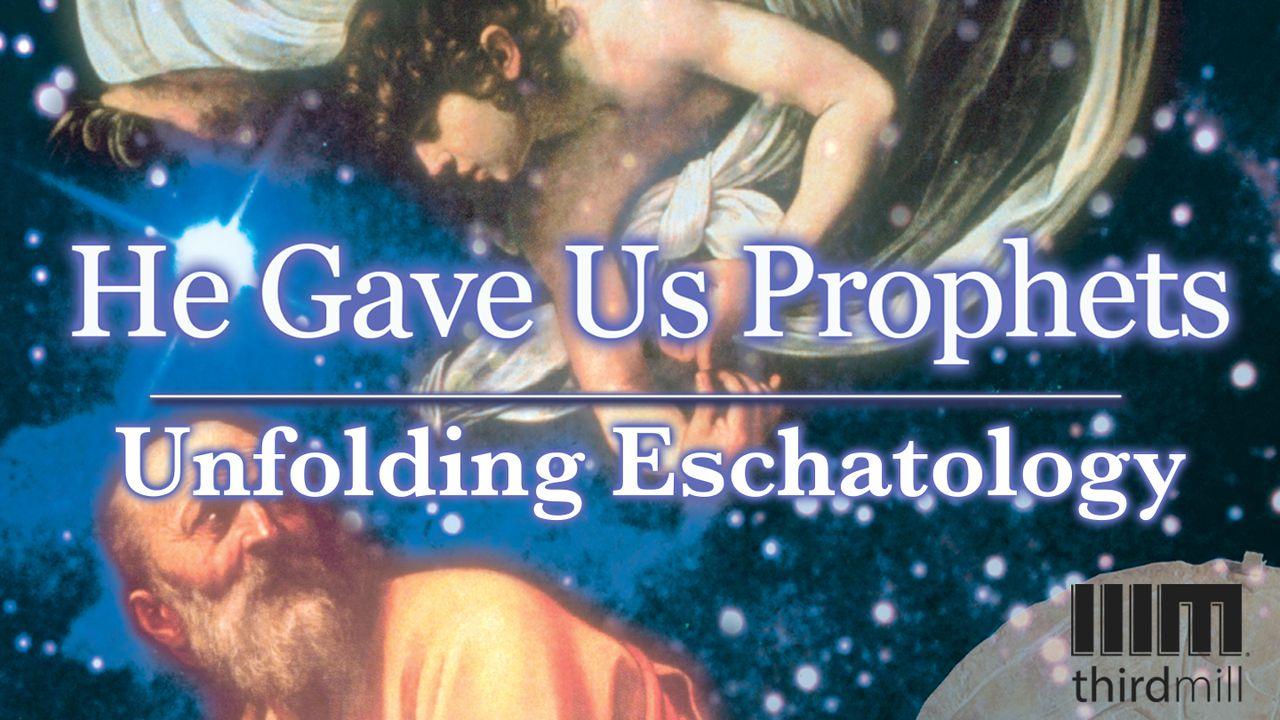He Gave Us Prophets: Unfolding Eschatology預覽

Early Prophetic Concern for Gentiles: Joel 2:31-32
The prophets saw very clearly that Israel’s exile would mean victory for certain Gentile nations over the people of God. As we know, they predicted that the Assyrians and the Babylonians would conquer Israel and severely mistreat the people of God.
While victory was given to the Gentiles during Israel’s exile, the early prophets also spelled out that this Gentile supremacy would not last forever. In the restoration from exile, God would strike out against the Gentiles who mistreated his people through the restored throne of David. God would defeat the Gentiles and give Israel great victory in a battle against the Gentiles. This theme appears in many ways throughout the prophets, but one of the most dramatic ways it comes to the foreground is in the technical expression the “day of the Lord,” in Hebrew, yom Yahweh (יְהוָ֔ה י֣וֹם). The basic idea behind this phrase was that Yahweh was able to destroy all of his enemies in a single day, and for this reason, the “day of the Lord” was said to belong to him, much like victorious soldiers say even today as they go into battle, “The day is ours!”
This terminology is particularly powerful in the way it sets up a contrast between Israel’s exile and Israel’s restoration. Perhaps the best way to see this is to look at the way the prophet Joel uses the expression the “day of the Lord.” The expression appears in Joel 1:15, 2:1, 2:11, 2:31, and 3:14. The first three references to the “day of the Lord” refer to God defeating Judah. The people of the covenant had become God’s enemies because of their sins, and the “Lord’s Day” was the time when he would destroy them and send them into exile.
But Joel also shifted the way he used this terminology in the second half of his book. He described another event as the “day of the Lord.” This “day of the Lord” will take place when Israel is restored from exile. It will be God’s defeat of the nations who oppressed the people of God. For example, in Joel 2:31-32 we read these words:
The sun will be turned to darkness and the moon to blood before the coming of the great and dreadful day of the Lord. And everyone who calls on the name of the Lord will be saved; for on Mount Zion and in Jerusalem there will be deliverance, as the Lord has said, among the survivors whom the Lord calls.
So we see that for Joel the “day of the Lord” not only referred to judgment against the people of God, but it also referred to a great battle that would take place as the people of God were restored to the land.
